Start your journey here
Make positive changes to your daily diet and health, find a test thats right for you.
Yeast is a fungus, which feeds on sugars. It is used in the baking of products like bread. It may also be found in pastries, biscuits, crackers, cereals, stock cubes and alcohol, such as beer and cider.
When yeast is combined with flour and water, sugars are released. The yeast feeds on this sugar and produces carbon dioxide. It is the carbon dioxide, which makes bread and cakes rise. It is possible to substitute baking soda and an acid in order to produce carbon dioxide and create this rise effect, though your baking may not rise quite as much or you may notice a difference in flavor or texture. You can use lemon juice, buttermilk or a mixture of milk and vinegar as your acid component.
Add equal parts baking soda and lemon juice to equal the amount of yeast required in the recipe. For example use 1 tsp. of baking soda and 1 tsp. of lemon juice if 1 tbsp. of yeast is required. The same applies if using buttermilk or a 50-50 mixture of milk and vinegar. Once all the ingredients are added make sure the mixture goes straight into the oven, no rest time is required.
Yeast contributes B vitamins, phosphorus and iron to recipes, which it is added into.
When eliminating items from the diet whether for the short term when implementing an elimination diet or for the long term, it is important to know alternative items that can be introduced into the diet to maintain nutrient balance. Yeast is in very small quantity within products therefore replacing nutrients is not of such great focus in this case. Below are the richest sources of each nutrient.
Our food sensitivity tests are carried out using bioresonance therapy and is categorised under Complementary and Alternative Medicines (CAMs) which covers a wide range of therapies that fall outside mainstream medicine. Tests and related information provided do not make a medical diagnosis nor is it intended to be a substitute for professional medical advice, diagnosis or treatment.
Always seek the advice of your doctor or other qualified health provider if you have a medical condition or with any questions you may have regarding a medical condition and/or medical symptoms.
Whilst it is possible for the body to develop a sensitivity or intolerance to any food or drink item there are certainly those, which are very common.

Caffeine intolerance can trigger symptoms like insomnia and headaches. Learn more about caffeine and how to cope with a caffeine intolerance.
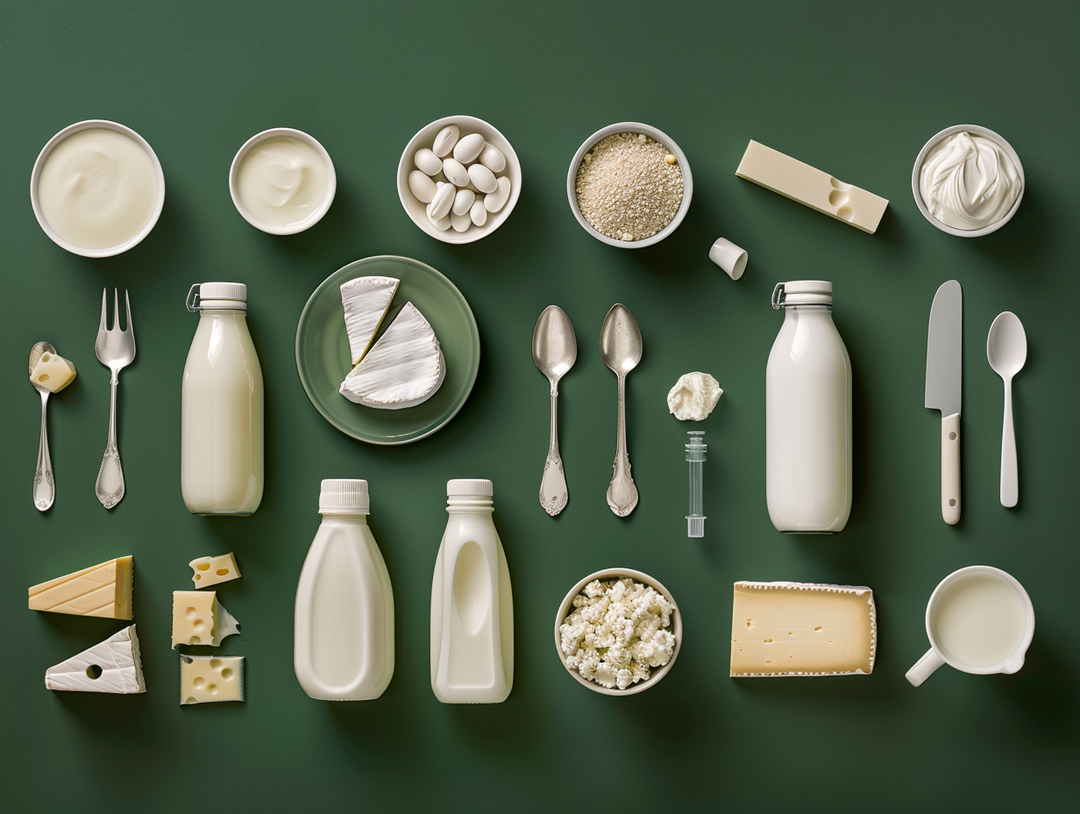
Whilst it is possible for the body to develop a sensitivity or intolerance to any food or drink item there are certainly those, which are very common.

Eggs are the produce of chickens and ducks. Most commonly it is chicken eggs, which are sold and used in processed products. Eggs can come in many forms, boiled, poached, fried, scrambled and omelette. They are also used in baking, mayonnaise, custard, mousse, margarine, meringue and ice cream. Eggs can be separated into egg white and egg yolk, sometimes only part of the egg is used.
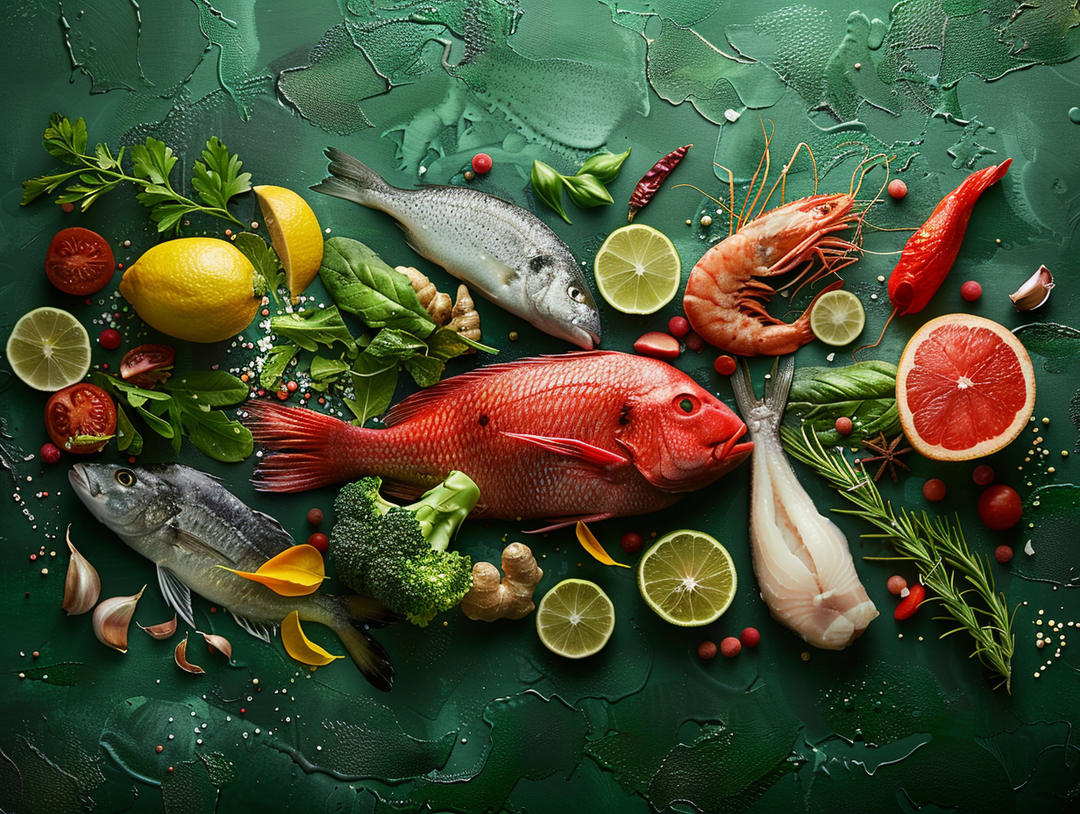
Fish intolerance can trigger symptoms like bloating, stomach cramps and headaches. Learn more about fish intolerance, fish allergies and the differences between them here.
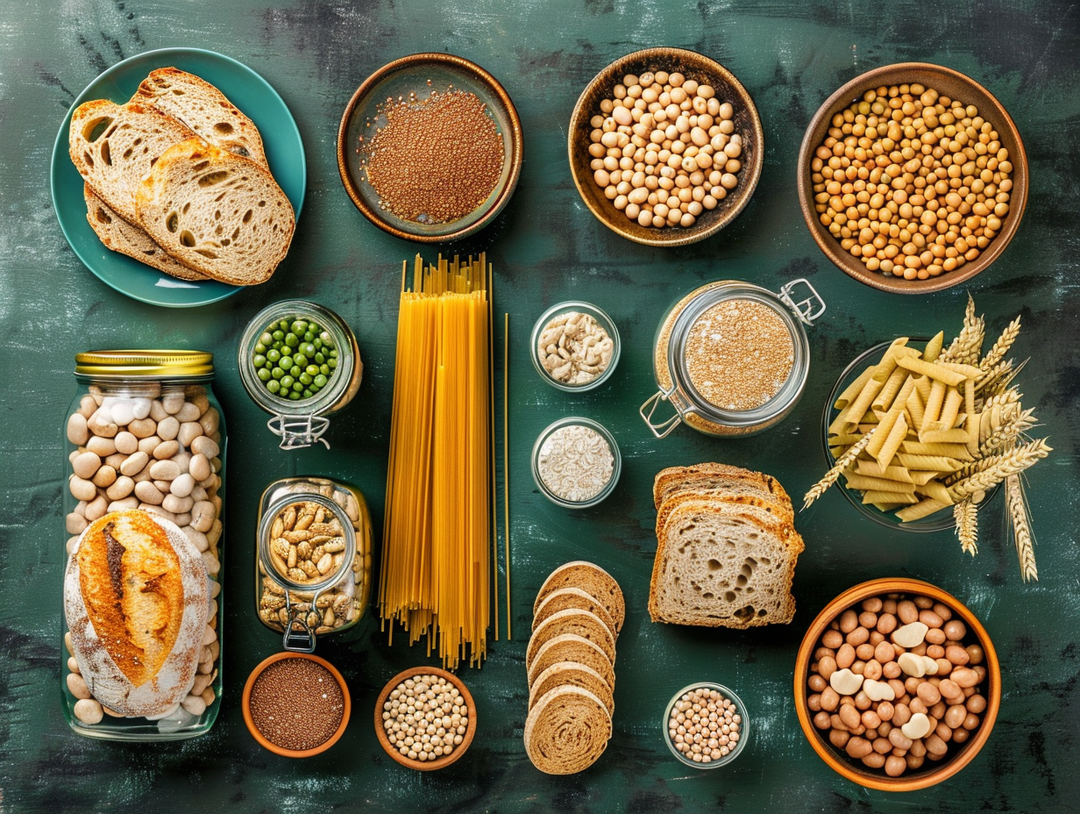
Gluten is the name given to a protein found in all wheat, rye, barley and oat products. It acts like a binder in food, giving it elasticity and a springy feel. It is found in all produce which uses wheat, rye, barley or oats such as bread and bread products, pasta, biscuits, crackers, cereal, muesli, cakes and pastries. It can also be found in beer, ale, lager, soups and processed products.

Do you difficulty digestiving food and drink containing lactose?

Whilst it is possible for the body to develop a sensitivity or intolerance to any food or drink item there are certainly those, which are very common.
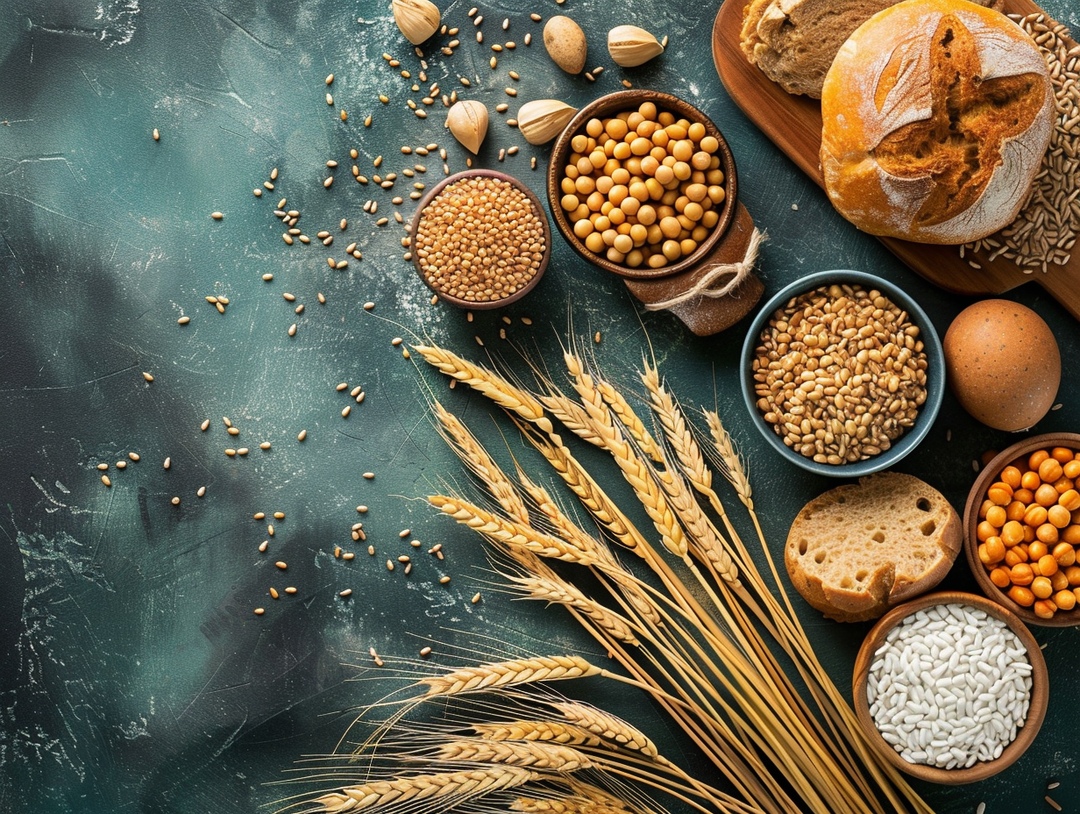
Wheat is found in items using wheat flour or the wheat grain itself such as bread and bread products, pasta, biscuits, crackers, cereal, cakes and pastry products. It is also often used as a thickener so can be found in soups, sauces, stews and processed meals. It can also be found in beer, ale and lager.
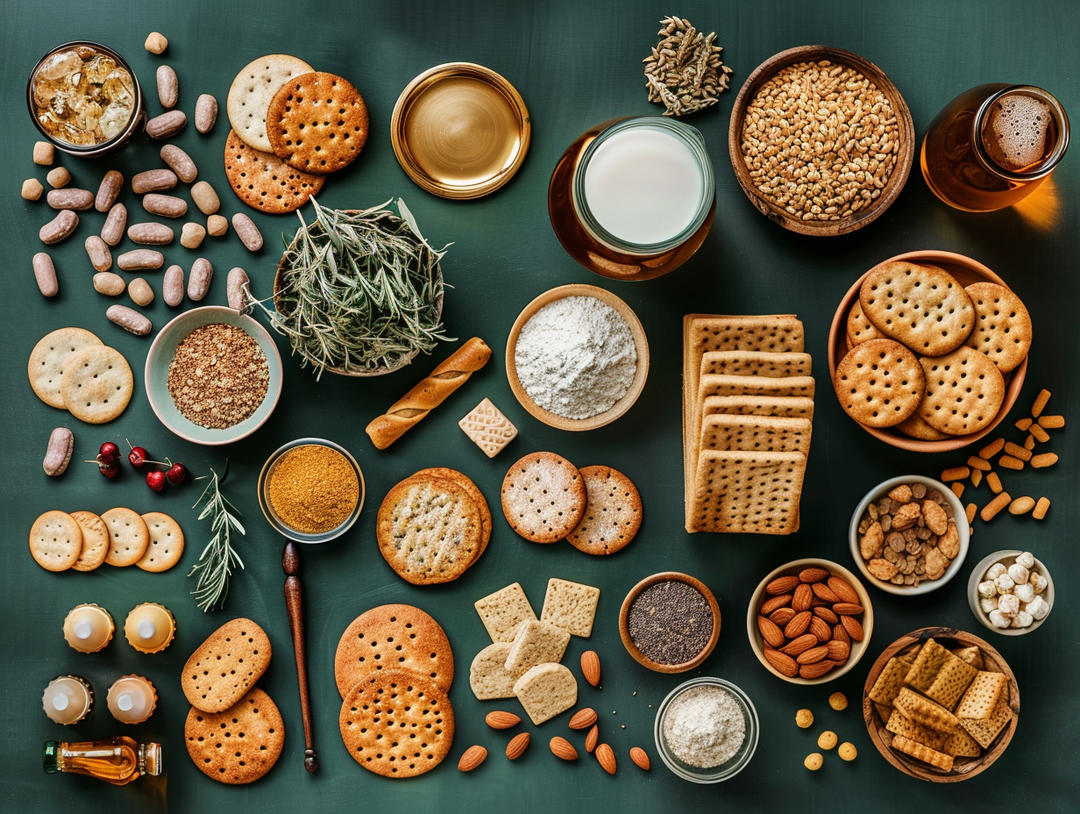
Yeast is a fungus, which feeds on sugars. It is used in the baking of products like bread. It may also be found in pastries, biscuits, crackers, cereals, stock cubes and alcohol, such as beer and cider.